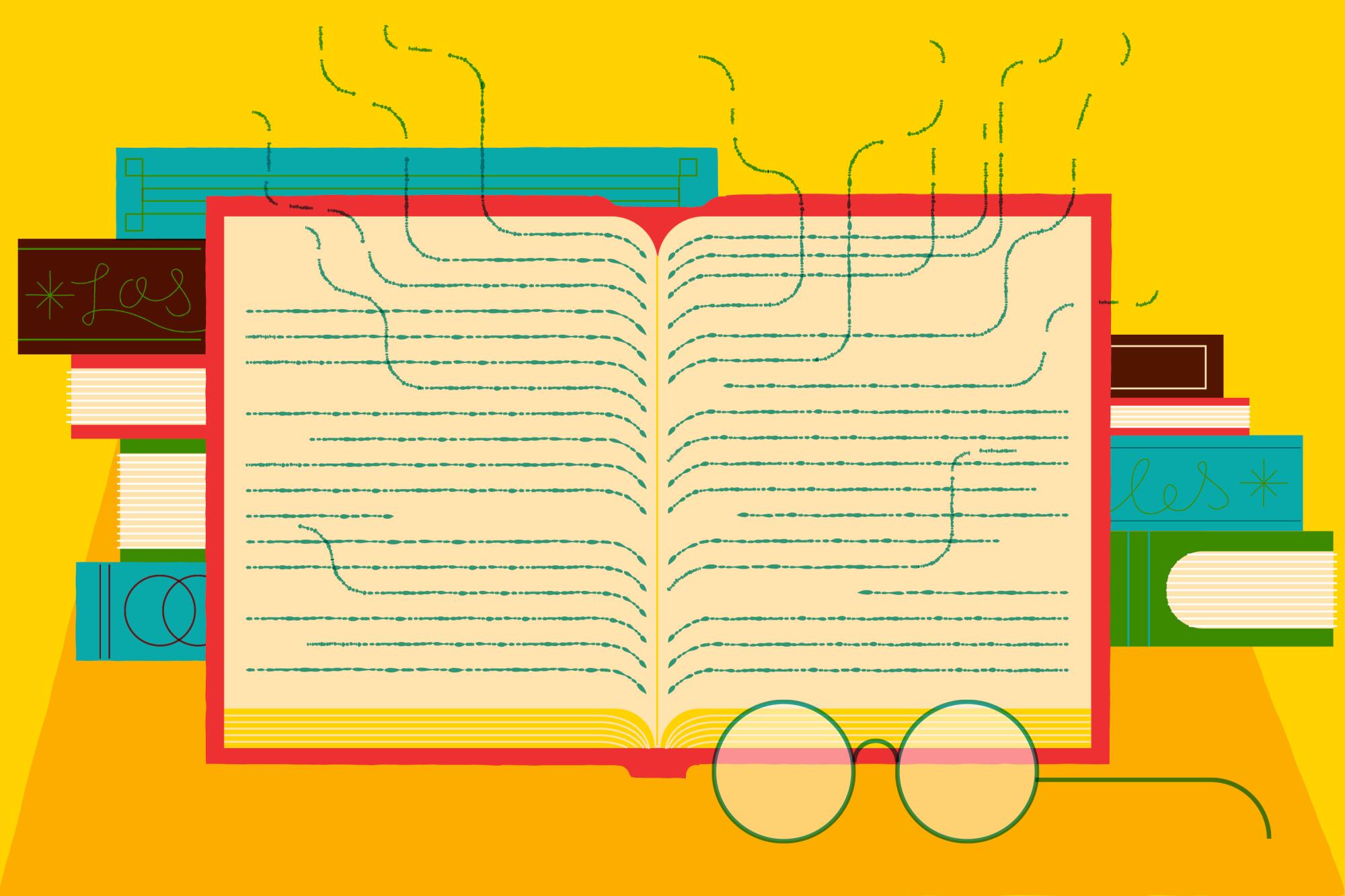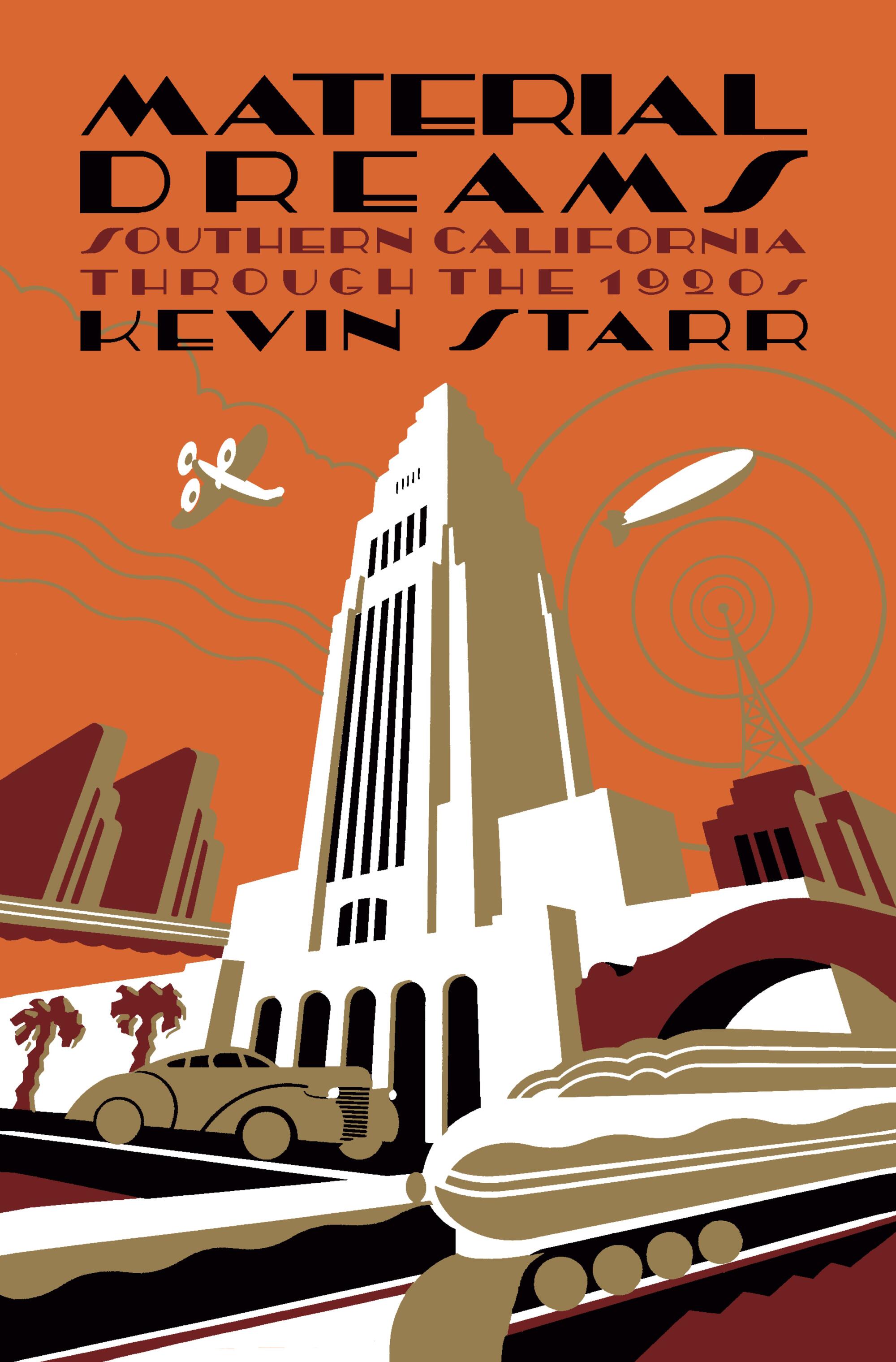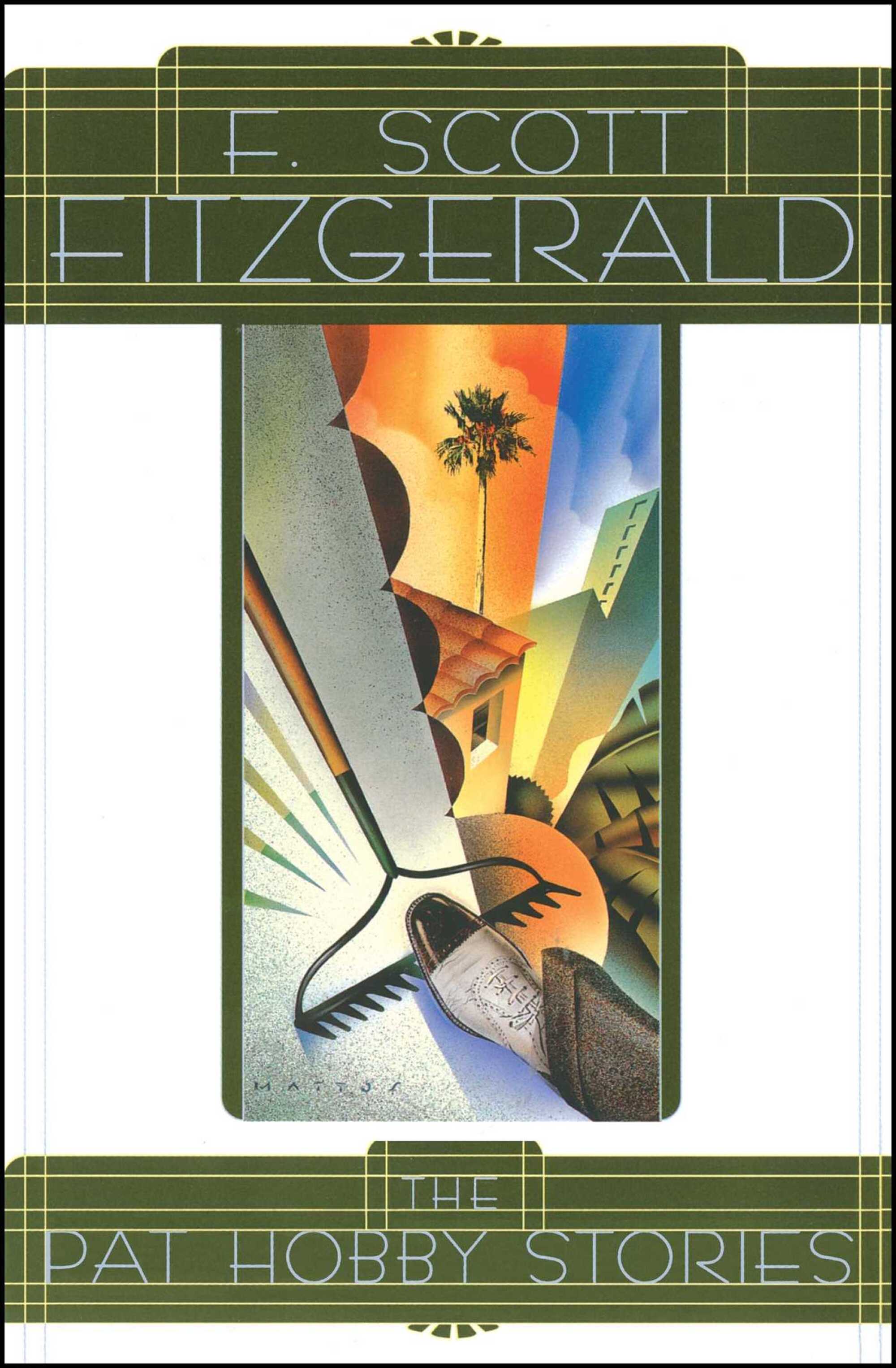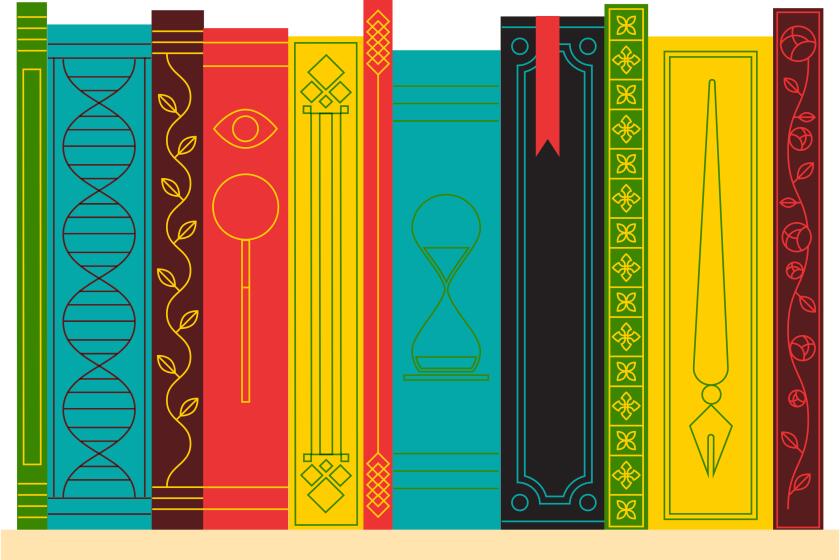
- Share via
The Los Angeles Times Book Prizes ceremony bestows awards in more than a dozen categories, and — as Samuel Johnson once said of “Paradise Lost” — “no one ever wished it longer.” But if just one category could be added to the lineup, I’d know exactly which to suggest: an annual award for writing about Los Angeles.
Alas, my favorite old L.A. book didn’t get a single vote for the Ultimate L.A. Bookshelf. Years ago, at a sparsely attended Sacramento library book sale, I bought “An Annotated Bibliography of California Fiction, 1664-1970.”
Beyond my copy and a couple more allegedly available online, only a single footnote to the endlessly erudite “Literary Destruction of L.A.” chapter in Mike Davis’ “Ecology of Fear” proves that this book even exists. The BCF presents alphabetical listings and brief descriptions of, purportedly, all the novels and short-story collections ever set even partly in the Golden State over three centuries. Lord knows what compulsion possessed Newton D. Baird and Robert Greenwood of Talisman Press, in El Dorado County’s Georgetown, Calif., to create this freakish compendium in 1971.

Leaving aside the rest of California, the BCF still lists hundreds, maybe even a thousand, books’ worth of L.A. fiction. It includes no rankings, no ratings of any kind, just a tantalizingly brief phrase or paragraph about every one. And each of the BCF’s 521 pages screams exactly one thing:
There is no Ultimate L.A. Bookshelf.
Maybe only a prodigious researcher and quote-hound like Carey McWilliams — OK, maybe Davis and Kevin Starr too — ever fully appreciated this lesson. No pulp novel or position paper was ever beneath their notice, no source too obscure for L.A.’s historiographic holy trinity to read and quote from.
McWilliams, whose “Island on the Land” did make it onto our Bookshelf, quoted like he breathed. And as he well knew, there’s always another L.A. book to chase down. Until we read them all, anyone presuming to tell us the best of L.A.’s novels or short stories — or any other genre — is not to be trusted.
The 14 most essential works of nonfiction include histories by Kevin Starr, Carey McWilliams, Reyner Banham and, ruling them all, Mike Davis’ ‘City of Quartz.’
Want proof? Just consider these tantalizing books, all taken from the BCF, only a few digitized, and each so scarce that a frequent-flying madman could destroy every copy of them in the world and still have miles left over:
- The Davidian Report by Dorothy B. Hughes, 1952. From the author of “In a Lonely Place,” here’s that rarest of rare birds, an L.A.-set spy novel. Go ahead, name another.
- Of Missing Persons by David Goodis, 1950. The BCF says this short novel by the canonical pulp author of “Dark Passage” and “Down There” (the basis for Truffaut’s “Shoot the Piano Player”) is about “a Los Angeles police officer in charge of missing persons, involved in mystery.” We are so there.
- Collages by Anaïs Nin, 1964. Nin was already a celebrated author (and pornographer) by the time of her 1947 arrival in Los Angeles. Along with Dalton Trumbo’s incomparable letters and Christopher Isherwood’s “Diaries,” her journals form the most literate intimate daily record we have of life in L.A. at midcentury. “Collages” concerns “a young woman painter named Renate, set against the background of the Los Angeles area.” Not even Noël Riley Fitch’s fine Nin biography has a word to say about this book.
- Off the Arm by Don Marquis, 1930. Marquis created the typing-impaired cockroach poet “archy” and his alley-cat pal “mehitabel” for a beloved, widely syndicated series of newspaper columns. He was miserable on a studio lot, of course, but somehow found time to write hilariously dyspeptic letters home and this “humorous account of a novelist’s adventures in Hollywood.” To quote archy, the fact that it is all but unanimously forgotten “gives me to think furiously upon the futility of literature.”
- The Doomsday Men by J.B. Priestley, 1938. By the British author of the classic, endlessly revivable Tony Award-winning suspense drama “An Inspector Calls,” this one’s about three brothers who try to “blow up the world with a nuclear device from their fortress in the Southern California desert.” Don’t even read it; just option it right now.
- Rocket to the Morgue by Anthony Boucher, 1942. The annual mystery convention Bouchercon is named for Boucher, and Ellery Queen’s Mystery Magazine became, under his editorship, the first English-language publication ever to feature a short story by Jorge Luis Borges. “Rocket” involves a murder among the real-life prewar Mañana Literary Society of L.A.-based sci-fi writers — with suspects based on, among others, the young L. Ron Hubbard, Jack Parsons and Robert Heinlein. I know who I hope did it.
These few are just a fraction of the drool-worthy esoterica hinted at in BCF. Even more lost L.A. novels are listed in the L.A. Public Library’s invaluable California Fiction File.
How many people have read the six above-mentioned “ghost novels” since they were first published? More to the point, could these or any other L.A. rarities turn out to be neglected masterpieces?

How can we know if nobody reads and, just maybe, resurrects them? Obscurity doesn’t necessarily mean inferiority. “Moby-Dick” was out of print when critic Raymond Weaver salvaged it from the depths of oblivion. People thought Edmund Wilson was just being sentimental when he championed the work of a half-forgotten old Princeton classmate named Scott Fitzgerald. And nobody had checked out “Their Eyes Were Watching God” for years when Alice Walker found it in the closed stacks and kicked off the Zora Neale Hurston revival.
Posterity is ever fallible, ever fickle. Even in our distortingly decade-skewed Ultimate L.A. Bookshelf, any number of fine writers surely got robbed. (No Michael Connelly? Seriously?)
As always, L.A. literature, both vintage and current, rewards closer attention. For that and so many other reasons, there should definitely be a Book Prize honoring new writing about Los Angeles — and maybe a retroactive prize besides.
In advance of the 2023 L.A. Times Festival of Books, we surveyed 95 writers and culled 110 works into the Ultimate L.A. Bookshelf. Get ready for some surprises
The only question left: Whom to name it after? Absent the generosity of some sainted literary philanthropist, we could always christen the award in honor of the musical duo of David Baerwald and David Ricketts, who wrote and recorded one of the best songs ever written about L.A., “Welcome to the Boomtown.” Who could possibly argue with such a catchy, unbiased choice as the “David + David” or (for short) “Davids Award”?
Kipen is the author of “Dear Los Angeles: The City in Diaries and Letters, 1542-2018” and its forthcoming sequel, “Dear California.”
More to Read
Sign up for our Book Club newsletter
Get the latest news, events and more from the Los Angeles Times Book Club, and help us get L.A. reading and talking.
You may occasionally receive promotional content from the Los Angeles Times.







